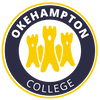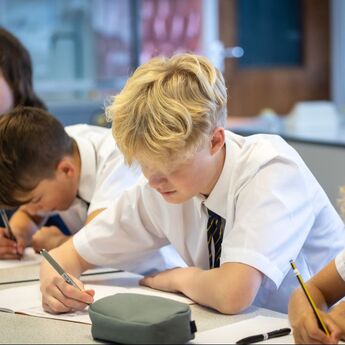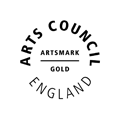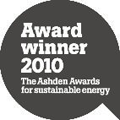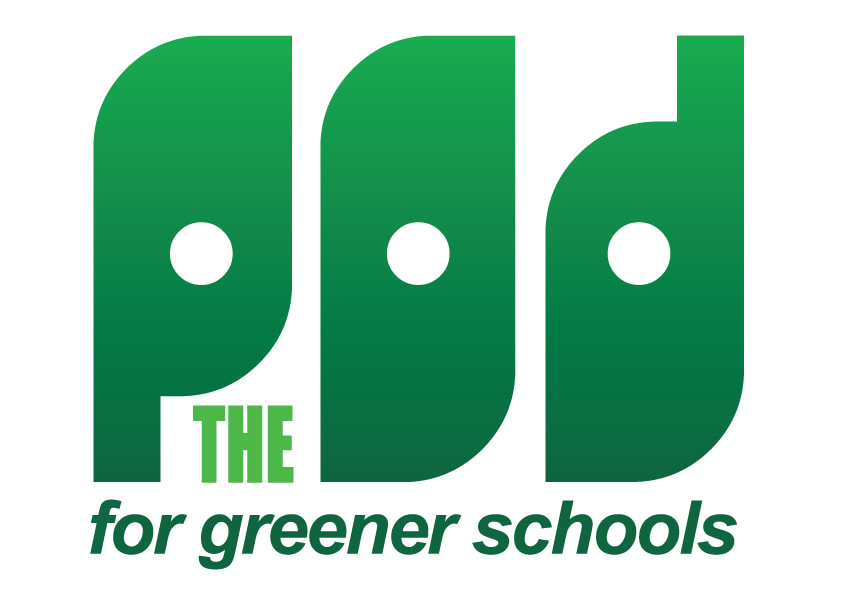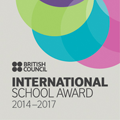English
Our Intent:
The intention for the English curriculum at Okehampton College is to equip our students with a strong command of the written and spoken word and to develop their engagement with a wide-ranging literary heritage through exposure to a diverse range of complex texts. With high levels of literacy being the gateway to success across the board, we aim to support students in becoming lifelong, ‘word rich’ learners who can read and decipher challenging texts, and therefore better navigate the often complex world in which they live. This will mean they can read fluently and make inferences, apply a robust understanding of grammar and linguistic conventions to their own writing suitable for a range of contexts, purposes and audiences, and have the opportunity to access a knowledge-rich, well-structured and systematic curriculum with a determined focus on achieving equity for all at Okehampton College.
KS3 Curriculum Content
Year 7
Year 7 serves as an introduction to the foundations of English Language and Literature. Our rich literary texts build the foundation of our KS3, KS4 and KS5 curriculum, introducing students to influential periods of literary history such as Classical Greece, Shakespearean England and the Victorian Britain. Students will be introduced to key literary concepts, such as allegory, allusion and symbolism. They will also develop their own descriptive writing and extend their vocabulary by emulating these rich texts.
Year 8
In Year 8, the foundational knowledge of literary history is developed through exposure to more complex literary texts. Through The Tempest and Animal Farm and various war poets, students will revisit allegory, broaden their understanding of social injustice through a colonial perspective and enhance their knowledge of poetic devices. Students will also continue to develop their own writing style through reading and emulating a diverse collection of rhetoric and exploring rich examples of Gothic fiction.
Year 9
By Year 9, students will begin to independently examine texts in context. Our literary texts this year build on previous learning: students can use their understanding of 19th Century contexts and the Gothic to enrich their reading of The Woman in Black and various short stories. Romeo and Juliet will introduce students to the tragic genre and themes of gender, violence and identity which will be applicable beyond KS3. Finally, students will study the contemporary novel The Hate U Give, furthering their understanding of topical issues around identity and ethnicity, and acting as a platform for students to practice their presentation skills on a topic of personal interest.
Year 7 serves as an introduction to the foundations of English Language and Literature. Our rich literary texts build the foundation of our KS3, KS4 and KS5 curriculum, introducing students to influential periods of literary history such as Classical Greece, Shakespearean England and the Victorian Britain. Students will be introduced to key literary concepts, such as allegory, allusion and symbolism. They will also develop their own descriptive writing and extend their vocabulary by emulating these rich texts.
- Origins of Literature: Greek and Norse Mythology
- A Christmas Carol: the play
- An Introduction to Shakespeare
- An Introduction to Poetry: The Romantic Poets
- Amazing sentences: descriptive writing
- Spoken Language
Year 8
In Year 8, the foundational knowledge of literary history is developed through exposure to more complex literary texts. Through The Tempest and Animal Farm and various war poets, students will revisit allegory, broaden their understanding of social injustice through a colonial perspective and enhance their knowledge of poetic devices. Students will also continue to develop their own writing style through reading and emulating a diverse collection of rhetoric and exploring rich examples of Gothic fiction.
- Animal Farm by George Orwell
- Rhetoric
- The Tempest by William Shakespeare
- The Gothic
- Poetry of Conflict
Year 9
By Year 9, students will begin to independently examine texts in context. Our literary texts this year build on previous learning: students can use their understanding of 19th Century contexts and the Gothic to enrich their reading of The Woman in Black and various short stories. Romeo and Juliet will introduce students to the tragic genre and themes of gender, violence and identity which will be applicable beyond KS3. Finally, students will study the contemporary novel The Hate U Give, furthering their understanding of topical issues around identity and ethnicity, and acting as a platform for students to practice their presentation skills on a topic of personal interest.
- The Woman in Black by Susan Hill
- Structure for Writing
- Romeo and Juliet by William Shakespeare
- The Hate U Give by Angie Thomas
- Spoken Language
KS4 Curriculum Content
At KS4, students work towards achieving two GCSEs: English Language and English Literature. These subjects will be taught separately by the same teacher. We teach the AQA English Language and English Literature syllabus.
English Language
This specification is 100% examination. English Language consists of two exam papers based on extracts from the 19th, 20th and 21st Centuries. Students will need to understand and analyse the content of these extracts before writing their own, extended pieces. There is also an assessed Spoken Language component to their GCSE in which students deliver a 5 minute presentation on a topic of their choice.
Paper 1: Explorations in Creative Reading and Writing
Paper 2: Writers’ Viewpoints and Perspectives
Spoken Language Endorsement (Awarded: Pass, Merit, Distinction)
English Literature
This specification is 100% examination. English Literature consists of two exam papers including: a 19th Century novel, a modern play, a Shakespeare play and poetry. The English Literature papers are closed book which means the texts will not be allowed in the exam.
Paper 1:
Macbeth by William Shakespeare and The Strange Case of Dr Jekyll and Mr Hyde by Robert Louis Stevenson
Paper 2:
An Inspector Calls by J.B. Priestley
AQA ‘Power and Conflict’ anthology
Unseen poetry
KS5 Curriculum Content
A LEVEL: ENGLISH LANGUAGE
Exam Board: AQA
The A Level qualification in English Language provides students with a deep knowledge of how the English language works and encourages them to engage creatively with areas of topical debate. They will explore language in use in various contexts and will carry out an independent investigation in an area of particular interest to them.
In this two-year course, students will explore all aspects of the English Language both written and spoken. Students will be expected to analyse short texts in order to understand how they are produced and received for a range of purposes and audiences and how the language present is influenced by a variety of contexts.
The A Level qualification in English Language provides students with a deep knowledge of how the English language works and encourages them to engage creatively with areas of topical debate. They will explore language in use in various contexts and will carry out an independent investigation in an area of particular interest to them.
In this two-year course, students will explore all aspects of the English Language both written and spoken. Students will be expected to analyse short texts in order to understand how they are produced and received for a range of purposes and audiences and how the language present is influenced by a variety of contexts.
Value |
Non-Examination Assessment (NEA) |
Examination |
A Level English Language |
Language in Action: 2 pieces with a total word count of 3,500
|
Paper 1: Language, the Individual and Society Section A: Textual Variations and Representations Section B: Children’s Language Development Paper 2: Language Diversity and Change Section A: Diversity and Change Section B: Language Discourses |
A LEVEL: ENGLISH LITERATURE
Exam Board: WJEC Eduqas
The English Literature A-Level exposes students to a range of literary texts throughout history, stretching from Shakespeare and the Renaissance to Carol Ann Duffy and Post-Modernism. Students learn about the ways that Literature reflects contemporary values and societies; how it has changed and developed as the world changes, and even how it can be an important catalyst for change itself.
80% of this qualification is assessed through 3 exams at the end of your A2 year. The remaining 20% is a non-examination assessment, taking the form of an extended, independent essay comparing two literary texts.
The English Literature A-Level exposes students to a range of literary texts throughout history, stretching from Shakespeare and the Renaissance to Carol Ann Duffy and Post-Modernism. Students learn about the ways that Literature reflects contemporary values and societies; how it has changed and developed as the world changes, and even how it can be an important catalyst for change itself.
80% of this qualification is assessed through 3 exams at the end of your A2 year. The remaining 20% is a non-examination assessment, taking the form of an extended, independent essay comparing two literary texts.
Non-Examination Assessment (NEA) |
Examination |
|
A Level English Literature |
One 2500-3500 word assignment based on the reading of two prose texts from different periods: one pre-2000 and one post-2000. For the purpose of this internal assessment, Bronte’s Jane Eyre will be studied. |
Component 1: Poetry Open book Section A – William Blake: Selected Poems Section B – Comparison of Carol Ann Duffy and Philip Larkin Component 2: Drama Closed book Section A – Shakespeare’s ‘The Tempest’ Section B – Comparison of John Webster’s The Duchess of Malfi and Tennessee Williams’ A Streetcar Named Desire Component 3: Unseen Section A – Unseen prose Section B – Unseen poetry |
